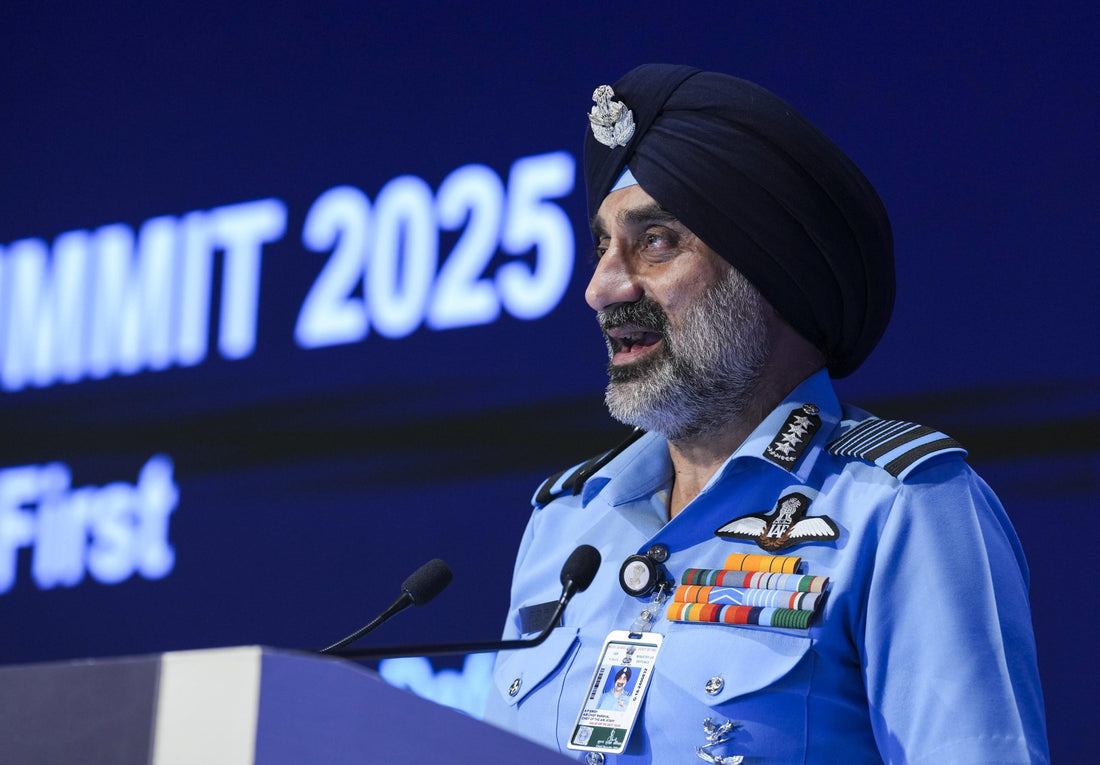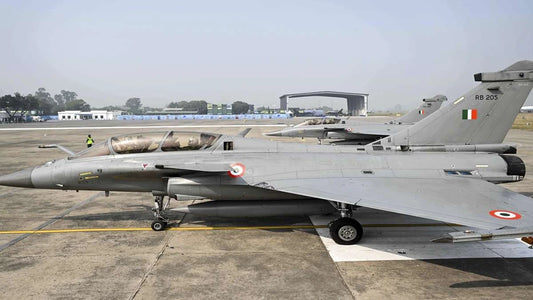Air Chief Commends Operation Sindoor’s Synergy, Advises Caution on Theatre Command Reforms

On Tuesday, Air Chief Marshal A. P. Singh, the Chief of the Air Staff, commended the effective synergy displayed during Operation Sindoor, attributing the successful tri-service coordination to the leadership of Chief of Defence Staff (CDS), General Anil Chauhan. He also advised caution regarding the swift implementation of theatre commands, suggesting that hastily enacted structural changes might impede operational efficiency.
During the inaugural session of the tri-service seminar RAN Samwad-2025 held at the Army War College in Madhya Pradesh, the Air Chief suggested creating a joint planning and coordination center in New Delhi. This proposed center would include the service chiefs and the CDS, acting as the primary decision-making body to ensure cohesive operations without causing unnecessary structural disruptions.
Lessons from Operation Sindoor
Reflecting on Operation Sindoor, which took place in early May 2025, Air Chief Marshal Singh highlighted the shift from isolated operations to a highly coordinated approach among the armed forces. He pointed out that General Chauhan significantly contributed to aligning the services, thereby eliminating operational gaps and enhancing mission success.
Singh stated, “The CDS was orchestrating things with all of us together. Some minor issues that were found during execution are being sorted out. So, I feel that having joint planning and coordination at the apex level is what is required.”
Stepwise Approach to Theatreisation
Regarding the controversial topic of theatre commands, the Air Chief advised against hurriedly revising India's defence structure. He emphasized the importance of not complicating the OODA loop (Observe, Orient, Decide, Act) with excessive bureaucracy.
He proposed, “My approach and suggestion have been that let’s take a stepwise approach. Let’s not implement everything together in one go and shake up [things]. Let’s see how it benefits us,” further suggesting that India should develop a framework tailored to its specific needs rather than adopting foreign models, such as those of the United States.
Preparing for Tomorrow’s Wars
Singh, while referring to Operation Sindoor as “yesterday’s war,” emphasized the necessity for India to prepare for future conflicts driven by emerging technologies and hybrid threats. He stressed the importance of centralized decision-making paired with decentralized execution, which the proposed joint planning hub could support.
Once implemented, theatreisation would unify the Army, Navy, and Air Force into cohesive structures to address external threats. Current proposals reportedly include two land-based theatre commands targeting Pakistan and China, alongside a maritime command. However, Singh cautioned that premature implementation might compromise rather than enhance operational effectiveness.
His remarks occur at a pivotal time as India considers structural defence reforms following successful joint operations like Operation Sindoor, demonstrating the potential benefits of coordinated tri-service actions.



















